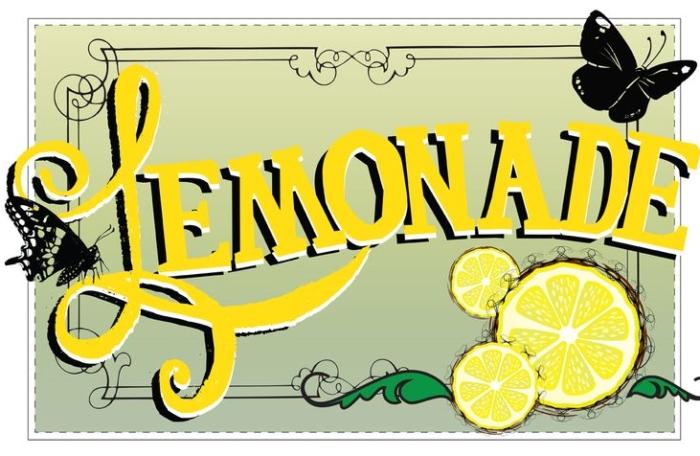Will legislators legalize kids’ lemonade stands this week?
Temperatures are expected to hit 90 degrees in much of New Hampshire this week. The state’s largest school district closed Monday on account of the heat. Other school districts are letting out early. What will kids be doing? Some of them are sure to set up lemonade stands. Technically, that would be illegal in many communities unless the children obtain a permit first.
It’s not that communities specifically target kids’ lemonade stands. It’s that municipal ordinances that require permits to sell food or drinks typically don’t contain exemptions for children.
In other states, police have been called to shut down unlicensed lemonade stands. Stories in recent years from Colorado, Texas and New York received national news coverage, which prompted legislators in New Hampshire and other states to propose laws exempting child-operated soft drink stands from local permit requirements.
House Bill 183 would do that in New Hampshire. It has passed the House and Senate in different forms and is back for consideration in the House, which meets on Thursday.
The House version exempted people up to age 18 who sell soft drinks from municipal vendor permit requirements.
The Senate version exempts people under the age of 14 who “are selling soft drinks on family owned or leased property.”
(The “soft drink” language is intentionally broad enough to cover children who might sell apple cider, powdered sugary drinks, canned soda or other soft beverages instead of lemonade.)
Under the Senate amendment’s language, children selling lemonade on public property (say, at a sports field, basketball court or public park) would still have to obtain a permit if a municipality required one.
Both the House and Senate versions of the bill met with strong opposition. In the House, 163 members voted against it. On the other side, 10 senators voted against it.
A major argument against the bill was that no one could produce a case of police shutting down a child’s lemonade stand in the state. Therefore, it was argued, the bill isn’t needed.
However, the lack of a publicized arrest lemonade or stand shut down does not mean that police interactions aren’t happening. It likely means that officers are exercising their discretion and letting legal infractions slide.
Several years ago, the author of this story had a police officer stop at his child’s lemonade stand to ask if we had a permit (we didn’t) and to inform us that we probably needed one. But he didn’t order us to shut down the stand.
The argument that police have not enforced the law is no defense of the law. Having permit requirements that no one intends to enforce is folly, not good governance. What’s the point of keeping broad and enforceable regulations if no one ever intends to enforce them?
The obvious answer is that municipal officials intend to reserve the power to enforce these ordinances at their discretion should they encounter a situation in which they feel the need. In other words, they intend to enforce these ordinances selectively, rather than apply them uniformly. That is a recipe not only for sewing distrust of government, but also for biased policing.
The New Hampshire Municipal Association in fact testified against HB 183 by simultaneously arguing that municipalities “are not going to try and regulate kids lemonade stands” and that municipalities would regulate the stands on a case-by-case basis “if kids are doing something that is unsafe and the police should be able to come along and ask them to move,” as described by the committee hearing transcript.
Keeping a broad ban on unlicensed lemonade stands in place on the off chance that police might one day need to tell kids to stop doing something unsafe (something unrelated to the sale of lemonade) offers an extremely weak case for keeping such bans in place.
License and permit requirements often are drawn too broadly, and legislators legislators are taking notice. For example, it has long been a criminal offense for anyone to cut hair without a state license, even if doing it at home on one’s own friends and family members.
Legislators recognized this problem (after the Josiah Bartlett Center pointed it out) and this year passed a bill to decriminalize unlicensed hair cutting that isn’t done for money.
Local food vendor permit requirements often go too far as well, covering children who sell drinks from their own yards.
House Bill 183 would prohibit these municipal food vendor permits from applying to minors under the age of 14 who sell soft drinks from property their family owns or leases. It is narrowly drawn so that it still allows municipalities to control vending on municipal property and when done by high school students.
It is one of the bills House members could take up at their session on Thursday. It will be interesting to see if it continues to meet such strong opposition during this week’s heat wave.



